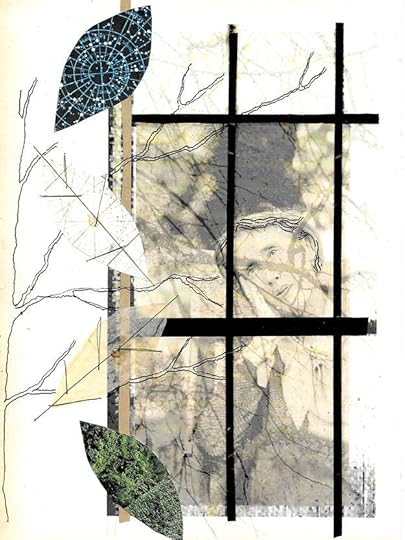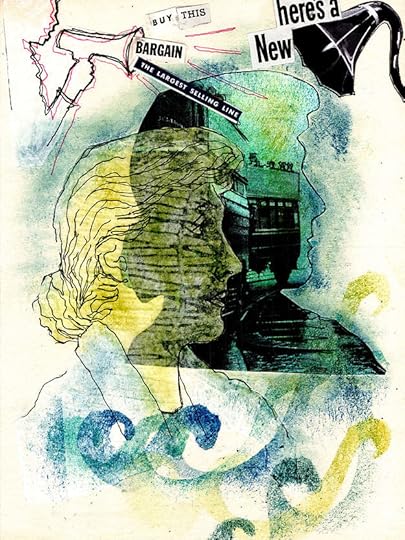What do you think?
Rate this book


122 pages, Paperback
First published January 1, 1926

'Ordinarily to look at the sky for any length of time is impossible. Pedestrians would be impeded and disconcerted by a public sky-gazer. What snatches we get of it are mutilated by chimneys and churches, serve as a background for man, signify wet weather or fine, daub windows gold, and, filling in the branches, complete the pathos of dishevelled autumnal plane trees in London squares. Now, become as the leaf or the daisy, lying recumbent, staring straight up, the sky is discovered to be something so different from this that really it is a little shocking. This then has been going on all the time without our knowing it!—this incessant making up of shapes and casting them down, this buffeting of clouds together, and drawing vast trains of ships and waggons from North to South, this incessant ringing up and down of curtains of light and shade, this interminable experiment with gold shafts and blue shadows, with veiling the sun and unveiling it, with making rock ramparts and wafting them away—this endless activity, with the waste of Heaven knows how many million horse power of energy, has been left to work its will year in year out'.


'We do not know our own souls, let alone the souls of others. Human beings do not go hand in hand the whole stretch of the way. There is a virgin forest in each; a snowfield where even the print of birds' feet is unknown. Here we go alone, and like it better so. Always to have sympathy, always to be accompanied, always to be understood would be intolerable.
Poets have found religion in nature; people live in the country to learn virtue from plants. It is in their indifference that they are comforting. That snowfield of the mind, where man has not trodden, is visited by the cloud, kissed by the falling petal, as, in another sphere, it is the great artists, the Miltons and the Popes, who console not by their thought of us but by their forgetfulness.

We do not know our souls, let alone the souls of others.
...how we go down into the pit of death and feel the waters of annihilation close above our heads and wake thinking to find ourselves in the presence of the angels and the harpers when we have a tooth out and come to the surface in the dentist's arm-chair...
...a novel devoted to influenza lacked plot; they would complain that there was no love in it—wrongly however, for illness often takes on the disguise of love, and plays the same odd tricks.
The first impression of that extraordinary spectacle is strangely overcoming. Ordinarily to look at the sky for any length of time is impossible.